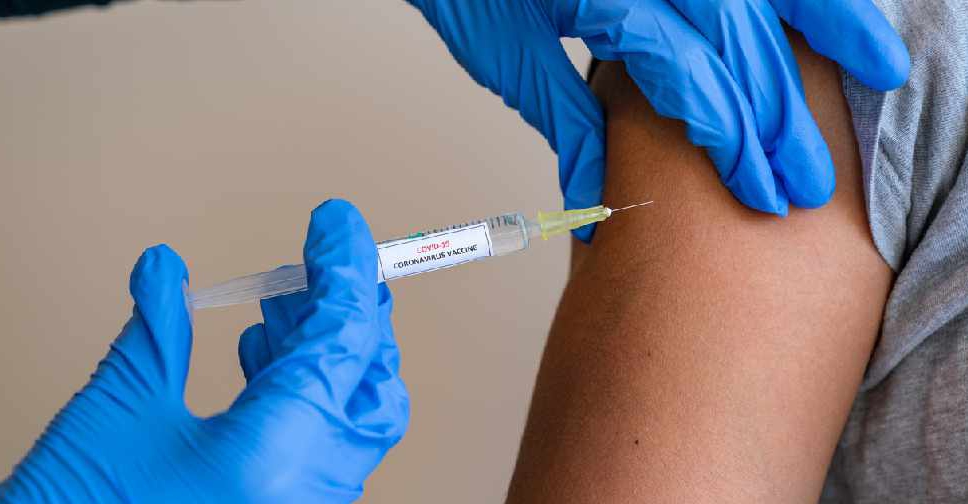
The World Health Organization's Strategic Advisory Group of Experts on Immunization (SAGE) has revised its global COVID-19 vaccine recommendations to prioritize those at the greatest risk of death and severe disease.
The updated roadmap, which takes into account the Omicron stage of the pandemic, indicates that healthy children and teenagers considered low priority may not need to receive a shot.
In a recent meeting, the group announced that the new streamlined recommendations would reflect countries' high population immunity levels due to vaccines and infection.
The focus will be on high, medium, and low-risk groups.
SAGE recommends additional booster doses of COVID-19 vaccine for high-priority groups, such as older people, immunocompromised people of all ages, front-line health workers, and pregnant people, six or 12 months after their last booster dose.
For those at medium risk, the group recommends primary vaccinations and first booster doses but does not recommend routine additional boosters. This group includes children and adolescents with health risks and healthy adults under the age of about 60.
For healthy kids six months to 17 years old, the group suggests that countries should consider vaccinating based on factors such as disease burden and cost-effectiveness.
SAGE stated in a press release that "the public health impact of vaccinating healthy children and adolescents is comparatively much lower than the established benefits of traditional essential vaccines for children – such as the rotavirus, measles, and pneumococcal conjugate vaccines."
The group's vaccine guidance is based on current epidemiological conditions and could change if the pandemic evolves.
Countries are making their own choices about vaccine recommendations based on their vaccine supply and progress.

 J1 Beach set to transform Jumeirah beachfront
J1 Beach set to transform Jumeirah beachfront
 NGO links H&M and Zara cotton to deforestation in Brazil's Cerrado
NGO links H&M and Zara cotton to deforestation in Brazil's Cerrado
 Camel trekkers reach Global Village after 557 km journey
Camel trekkers reach Global Village after 557 km journey
 Global Village is getting decked out for festive season
Global Village is getting decked out for festive season
 Zara expands second-hand platform to 14 European countries
Zara expands second-hand platform to 14 European countries




